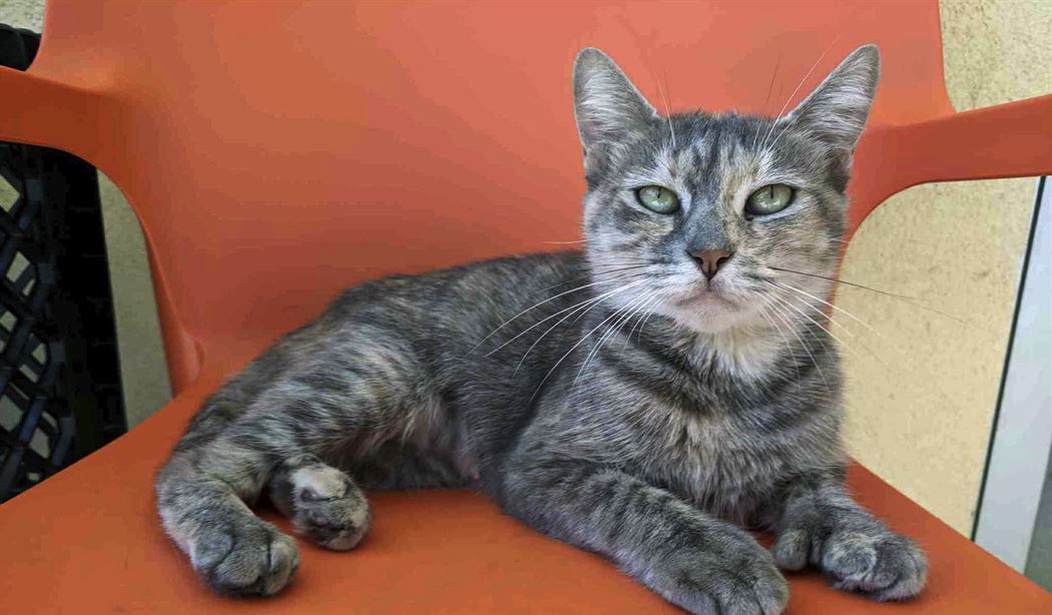When I was in college, I had a cat in a million, and I'm not kitten about that.
During my last year of college, I was so broke that when I went to the park, the pigeons threw bread at me. I was living in a 10x49 trailer with my bird dog and a cat; the cat was an 18-pound tomcat that had been neutered a little too late, so he had the build of a panther, and the characteristic big tomcat head, easily the size of a softball. He also had his full complement of 18 retractable switchblades in his paws fore and aft and never backed down from a fight, even my neighbor's 50-pound mutt who came after my big tomcat one evening and went home rather badly cut up. He was one of a kind, and his name was Felix. Felix only lived to be about eight years old before dying of a bladder infection; a cat like him should have lived a hundred years, but sadly, he didn't. He did have two great positives: He was gentle with children, and he never bothered the furniture.
He left the furniture alone, I feel certain, because he had a big scratching post in the trailer's tiny living room and worried it with his claws regularly. As it turns out that is, according to a recent study, one of the best ways to keep Fluffy from carving up your furniture.
The findings point to stress as a leading cause of unwanted scratching. The presence of children, particularly younger ones, for example, might increase stress levels in cats, leading to more scratching.
Additionally, high levels of play and nocturnal activity provide uninterrupted stimulation that can elevate stress.
Unsurprisingly, the authors don’t recommend getting rid of your children to stop your cat from scratching up the furniture, but there are interventions you can make to mitigate the behaviour.
Placing scratching posts in areas frequently visited by the cat or near their preferred resting spots can reduce furniture damage. The use of pheromones, providing safe hiding places, elevated observation spots and ample play opportunities can also alleviate stress and engage cats in more constructive activities.
The key to scratch-free play is to establish multiple short play sessions that mimic successful hunting scenarios, according to Salgirli Demi̇rbas and the team. These sessions are more likely to sustain your cat’s attention and reduce stress.
See Related: Q: When You Die, Will Your Cat Eat Your Face? A: Yes.
Study: Dogs Can Associate Words With Objects. Everyone Who Owns a Dog: 'Well, Duh.'
It's not surprising that cats will start scratching at random when they are feline bored. If you have a cat, and paws once or twice a day to play with the kitty, then purr-haps you're saving yourself some fur-ustration later. And a lot of these kinds of behaviors indeed are what biologists (like me) who have studied behavior (also like me) call a "displacement activity," which is a behavior that is inappropriate to the stimulus that prompted it; in this case, a lot of scratching, like chewing in dogs, is borne out of boredom.
Play with Fluffy (or Fido), and it will keep those aggravating activities from getting too clawful. Cats are hunters, and while back in the day, the trailer park I lived in offered old Felix plenty of furtinate opportunities to hunt mice and even rabbits, most kitties don't have that option, so a play time that involves chasing and catching little furry cat toys will help them indulge in that instinctual behavior — instead of shredding the couch. That will go a long way towards making life with your favorite furry feline much more pawsitive.
This seems appropriate.















Join the conversation as a VIP Member